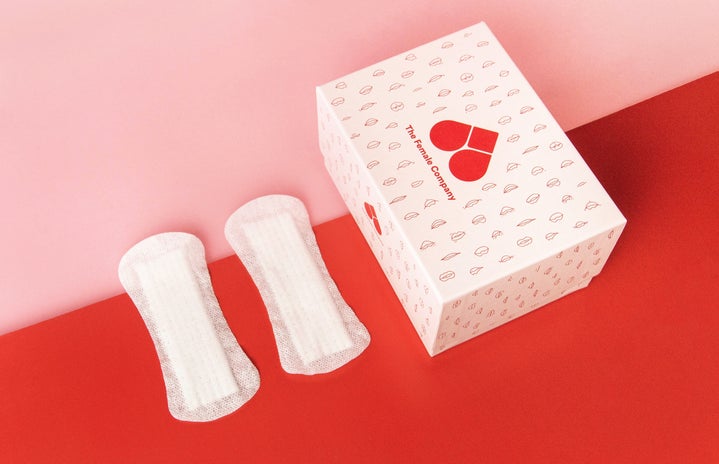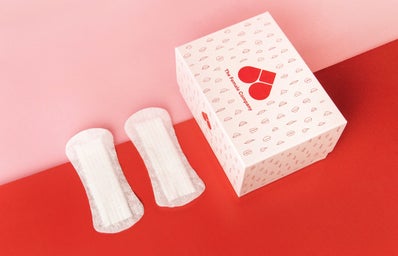Some women would describe the pink tax as torture, or, revenge for the men in power who have been wronged by women. I can’t say this definition is too far off, but this definition isn’t textbook. The pink tax is the tendency for goods and services targeted towards women to be more expensive than those targeted towards men. Whilst certain items show the opposite phenomenon, there is a larger majority of women’s items that prove the pink tax.
In 2015, the pink tax became well-known in the media after “New York City’s Department of Consumer Affairs found many instances of gendered pricing when it examined 794 products sold in the city”. This has been noticed and analyzed since the 1990s though. So, while certain state or local governments can have regulations to prohibit gendered price discrimination, the U.S. federal government does not even though bills have been tried before. But, the pink tax isn’t initiated by the government still, it’s the companies who then profit off the additional money they’re making off women’s products.
The pink tax does not apply to items that are not able to be sold to both men and women, like the tampon tax which is a separate problem, but for items like deodorant, razors, etc. What we need to do is to get rid of gendered pricing, especially when there is already a price gap between genders and even races. This has been a success in the service industry where places like New York City and California passed bills that get rid of a price difference for services such as haircuts, dry cleaning, car repairs, etc that take the same amount of time, cost, and skill for each gender to receive. However, a bill that would target goods and services all over the country called the Pink Tax Repeal Act was first introduced in 2016 and has been stopped from passing multiple times since.
The Pink Tax Repeal Act is meant to “prohibit product manufacturers or service providers from selling substantially similar products at different prices based on the gender of the intended purchaser”. This applies to products that are virtually the same in every aspect but are intended for different genders based on their color, label, and more. If this bill passed, every state in the United States would have to get rid of gender-based pricing on both goods and services, saving women a lot of money.
Additionally, there is a problem with the import tariffs on women’s items, which is the only actual tax part of the pink tax. In the United States, companies will pay more for women’s items like silk shirts, leather shoes, blazers, etc, and men’s items will receive a higher tax if they are cotton shirts, swimwear, etc. Even though this tariff is seen on both sides, the tariff on women’s items is much higher. These tariffs also lead clothing companies to price women’s products higher to cover the extra price they’re paying for them.
We need to act now to get rid of this discrepancy in the pricing as women are paying almost two thousand dollars a year more than men for the same products, yet still making less. This is a targeted attack by companies to attempt to make more money off of women in the long run. Another way to curb this issue would be to promote more women in politics who face the problem instead of relying on men who receive no disadvantage from the pink tax.


